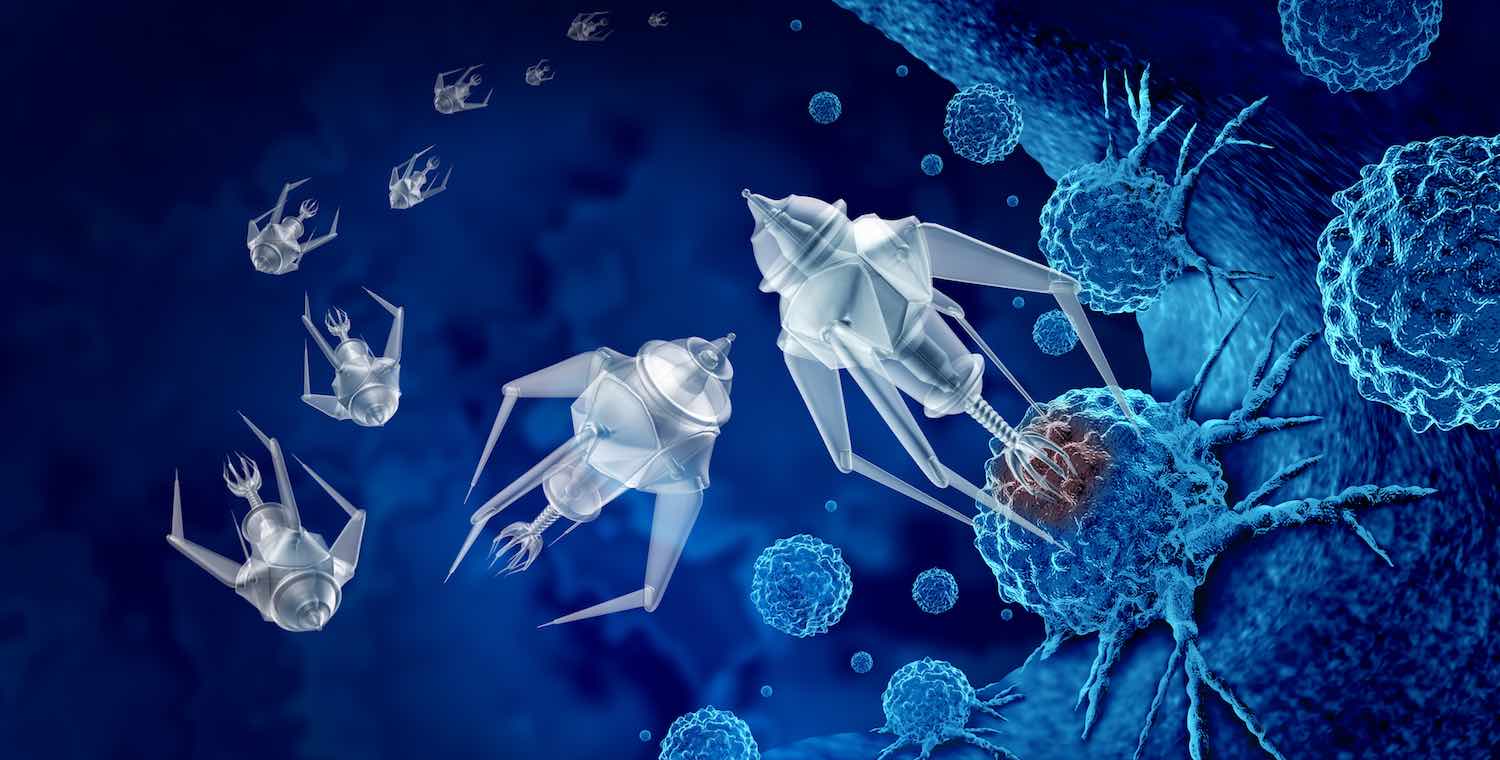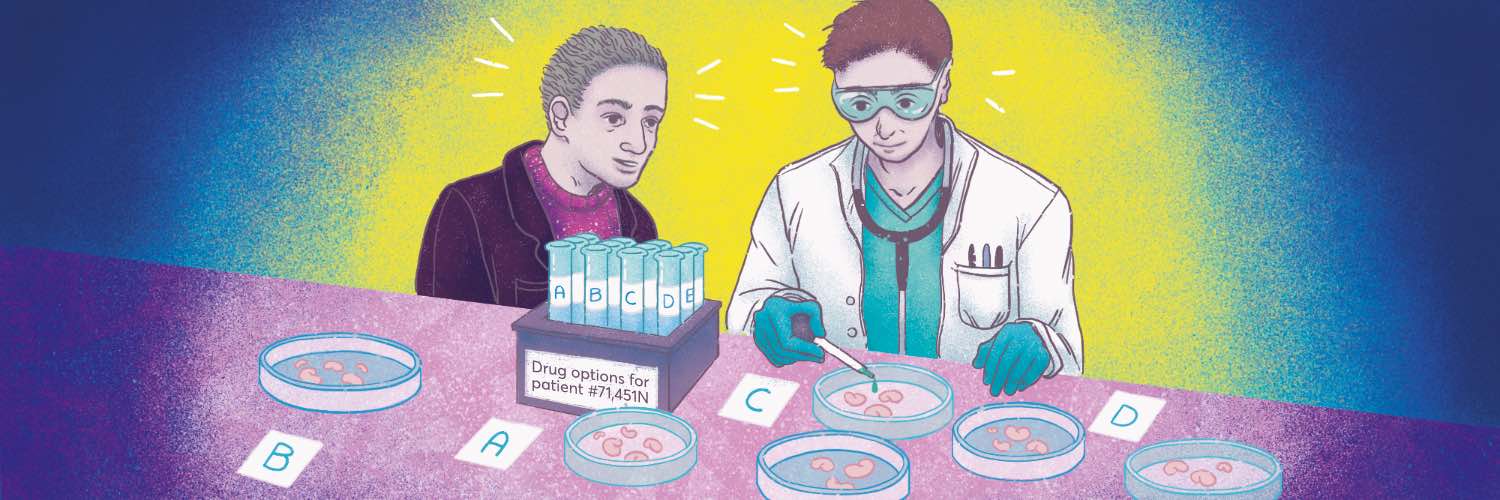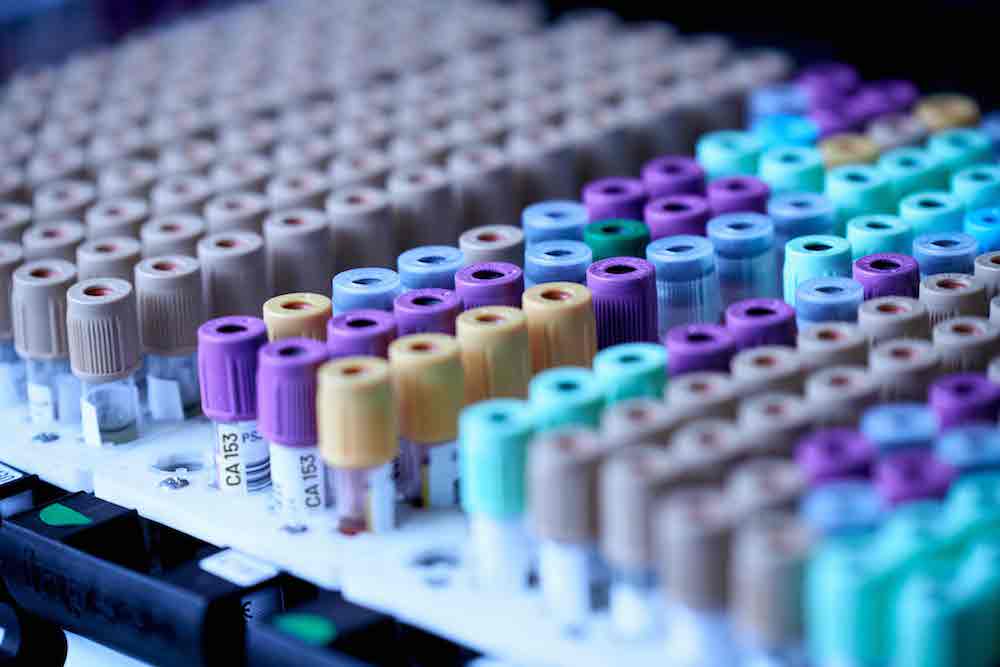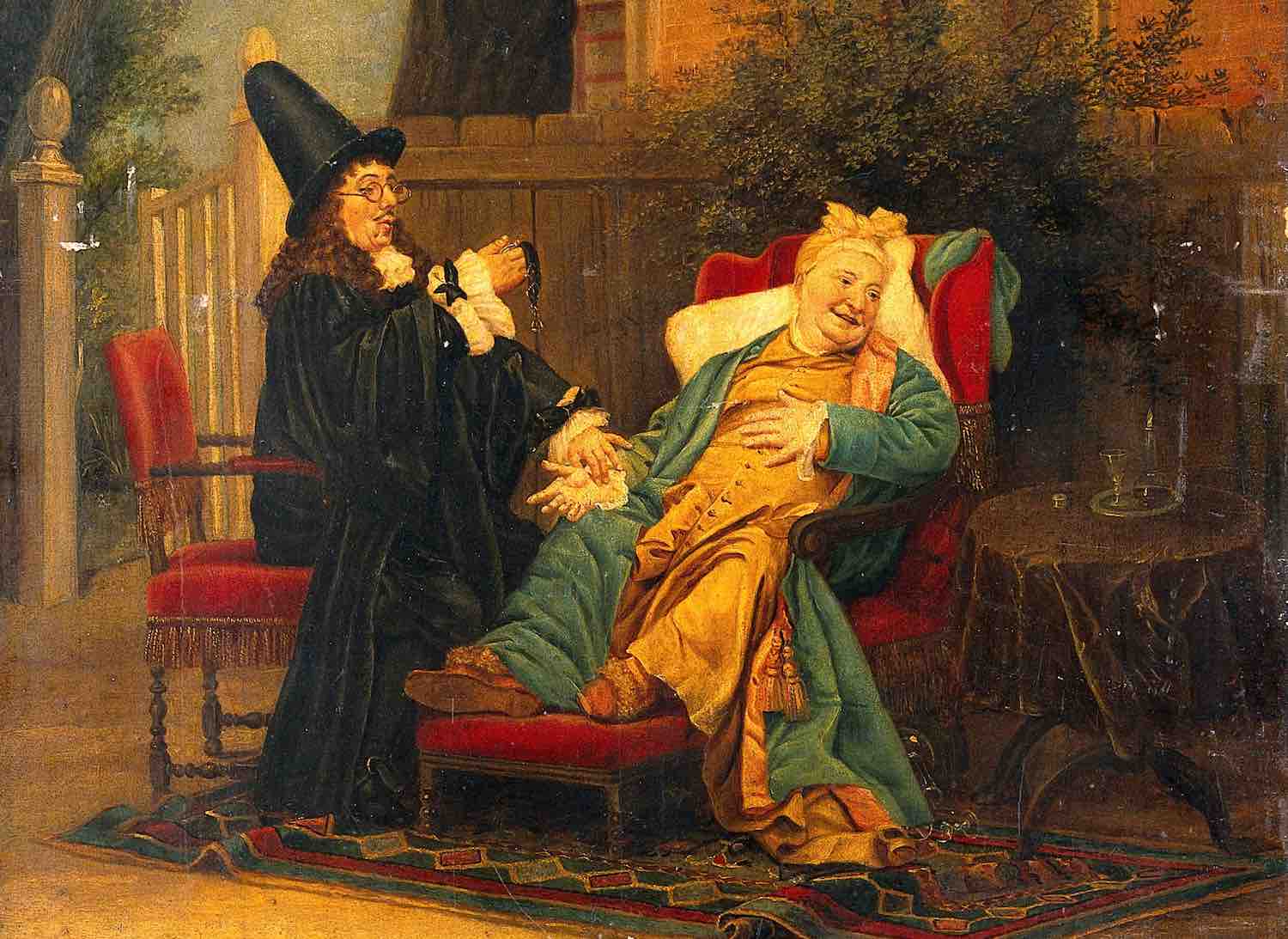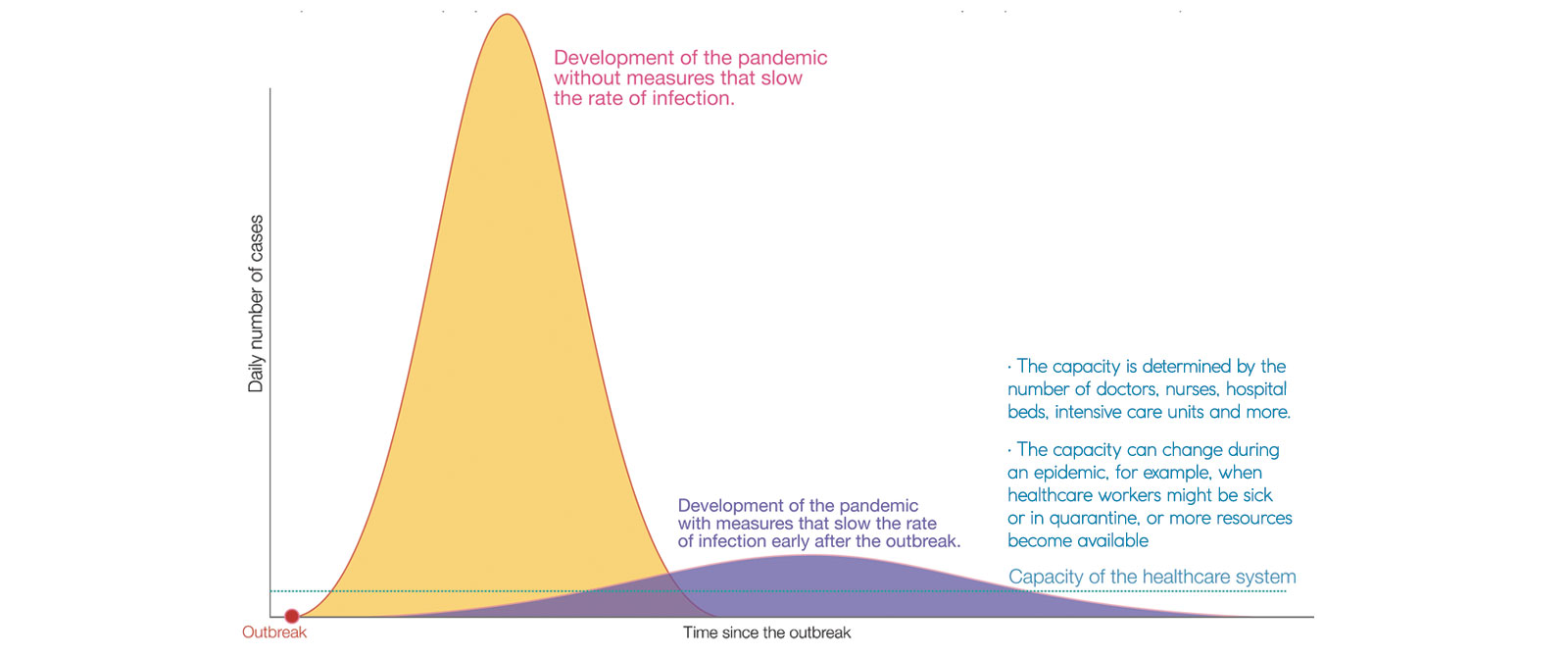Posts by tag
personalised medicine
Nanotechnology is steadily expanding its many roles in tackling cancer
A nanomedicine, as defined by the US National Institutes of Health, is a “highly specific medical intervention at the molecular scale for curing disease or repairing damaged tissues... ” For regulatory purposes, the term covers products with a size between…
How organoids could help match treatments to tumours
When diagnosed with cancer, few things are more important than having confidence that the treatment you are prescribed is the best possible option for you. For many cancers, particularly the more common ones, the evidence for choosing one option over…
UK consensus group calls for biomarker testing at point of diagnosis
All cancer patients should be offered genomic profiling of their tumours at the point of diagnosis and during treatment to shape care and track how their disease evolves and responds to treatment. These were the conclusions of a UK consensus…
Precision care: supporting our patients starts with asking them what they want and need
Two weeks after receiving a brain tumour diagnosis, Martin was copied into an email from one of his healthcare team telling his GP that Martin was “understandably devastated by his diagnosis”. The words came as a shock. “My healthcare team…
Evolution of the doctor-patient relationship: from ancient times to the personalised medicine era
The nature of the doctor–patient relationship has gone through various phases in history, based on the changing role of the physician in the community, as well as progress in medicine and increased choices of care, together with better-informed patients. Broadly…
Woman or man? Is precision medicine overlooking key biological differences?
“Something that hit me pretty early during my residency as an oncologist was that sex in most cases is a clear-cut binary, pretty obvious biological variable affecting attitudes as well as tolerance to cancer treatment that we still rarely ‒…
Machine learning holds key to personalised cancer drugs
Researchers have developed a machine learning (ML) algorithm that can be used to rank the effectiveness of different drugs in reducing cancer cell growth for individual patients. In Nature Communications (25 March 2021), the UK investigators report the feasibility of…
Updated MINDACT results reveal chemotherapy benefit in some breast cancers varies by age
Updated results of the MINDACT trial confirm that women with early-stage breast cancer, who were assessed to be at high clinical but low genomic risk for recurrence, and did not receive chemotherapy, continue to have excellent distant metastasis free survival…
Raed Al Dieri: Taking pathology from bit part to key player on the European oncology scene
The man steering the organisation dubbed “the leading force in European pathology” is not one to dwell on the negative. Raed Al Dieri, Director General of the European Society of Pathology (ESP), is an internationalist but also a proud Syrian.…
Delivering the best cancer care during the pandemic
Key messages from the e-ESO faculty [caption id="attachment_9782" align="aligncenter" width="1440"] e-ESO coordinator Marco Siano, chief physician at the Interdisciplinary Cancer Service, HRC Hopital Riviera-Chablais Rennaz, Switzerland (left); ESO deputy scientific director Alex Eniu, medical oncologist and head of the breast…

